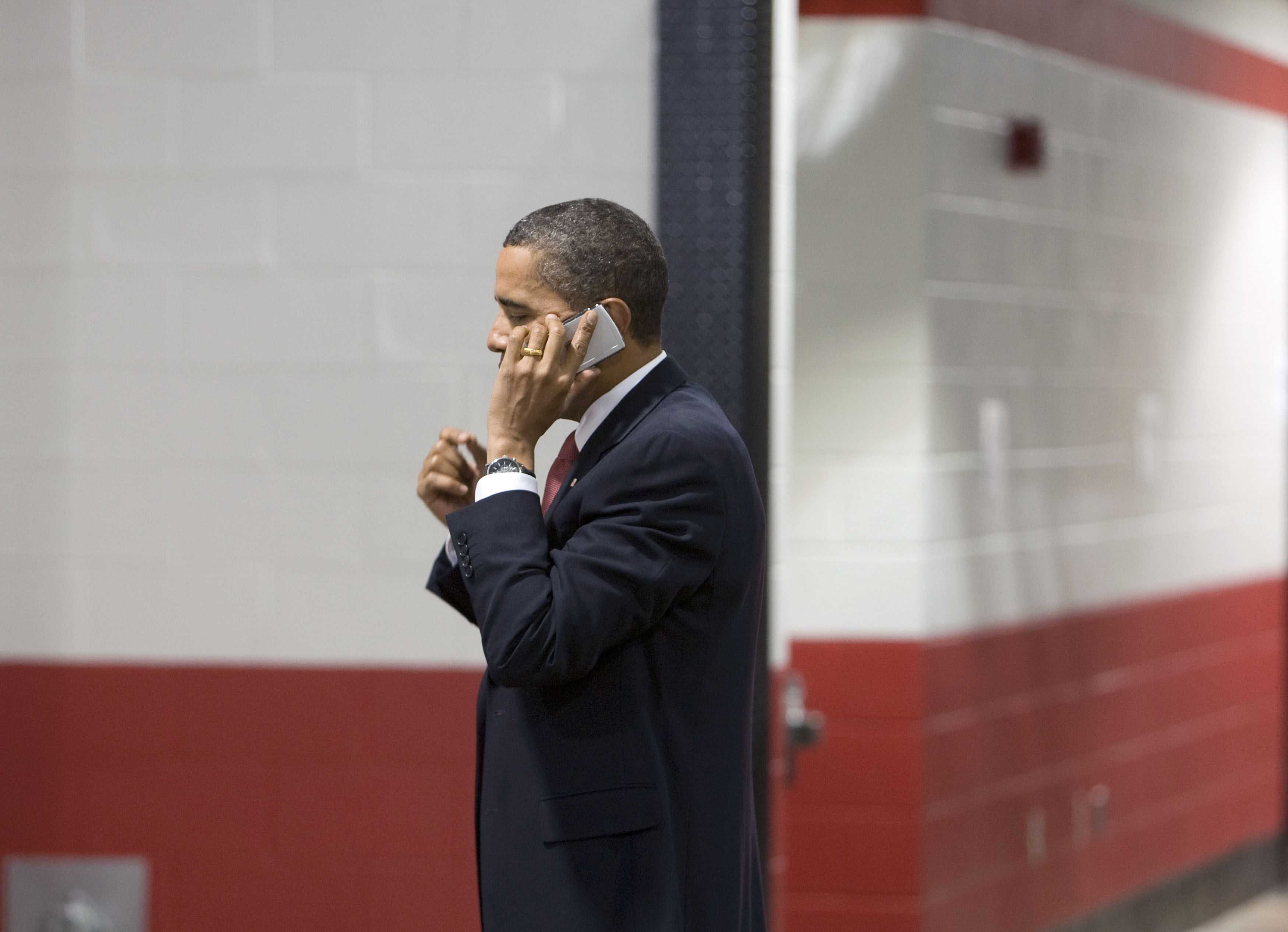War in Afghanistan: Home front
Updated on 11 November 2009
Channel 4 News gathers a group of politically-representative people to debate Britain's continued involvement in the Afghanistan conflict. Jon Snow hosts the debate

They are discussing the issue in Coventry, a city damaged by two world wars and also suffering loss from the war in Afghanistan.
A small number of people who have been directly affected by the conflict as soldiers, or as families whose loved ones have made the ultimate sacrifice, are also part of the debate.
They will reflect on what it is British troops are being required to fight for and whether public opinion supports the government in sending them there.
Listening to the concerns of the home front, and responding, was the defence minister, Bill Rammell.
We will be asking, what is the aim and what is it we are fighting for?
Central to the support of the home front is the question of practicality. Can the army actually deliver the aim they are being asked to?
And is victory actually possible ?
Public support is crucial to the commitment to Afghanistan, so are the public behind Britain's involvement?
Bill Rammell discussion
Bill Rammell, MP, the Minister of State (Armed Forces), Ministry of Defence, joined the discussion live from Westminster. Below is a transcript of his comments:
Jon Snow: What is the central war aim?
Bill Rammell: It is fundamentally about making our streets and our fellow citizens safer from terrorism. This isn’t about choice. It’s necessity. If we were not fighting violent extremism in Afghanistan and Pakistan, then we would just be waiting for the next terrorist attack in this country. That’s not the same as saying that I want our troops to be there forever and a day. A key element of what we are trying to do is to build Afghan capability and its army and its police so that they can make themselves safer and make us safer in the process so that our troops can withdraw.
JS: What’s your feeling when you’re called at 7am and told that two more soldiers have been killed while you’ve been asleep?
BR: I feel gut wrenching. I’ve been to Afghanistan four times… I’ve seen at first hand, the incredible commitment, loyalty, the sheer bloody heroism of our armed forces… I do not have any doubts about our aims.
Were we to withdraw tomorrow in concert with the 42 other nations who are there before the Afghans could secure the situation for themselves, all the information and advice that I have tells me that the Taliban would come back, al-Qaida would spread across the border into Afghanistan, they would start targeting this country and others again.
There would then be a massive flow of refugees across the border back into Pakistan making that country even more unstable, more at risk from extremism and that’s a country that’s got nuclear weapons. I couldn’t responsibly say to you that we shouldn’t see this through until it’s safe for our troops to withdraw.
JS: Minister there is a tremendous emphasis, particularly from people who have lost loved ones in the conflict, saying that there simply isn’t enough equipment there.
BR: I am a parent and I wouldn’t commit other people’s children to combat if there was an unacceptable balance of risk. People know that there have been recommendations over recent weeks by the service chiefs to increase our troop levels by 500.
Now the prime minister particularly said "I’m not prepared to do that unless we can guarantee that they are properly equipped". It was the politicians who were saying they’ve got to be properly equipped.
Given the nature of the enemy that we are facing however well you equip our troops you cannot guarantee against loss of life. We’re involved in a battle for hearts and minds. That means you have to have boots on the ground, you have to have troops who are engaging with the population. And that has risks associated with it.
JS: The opinion here is extraordinarily mushy. You can’t say that we have a real thread. Do you recognise that possibly you still have a very big job to persuade people what the Afghan conflict is about?
I think we have got a big challenge on our hands but we have been consistent that this is about our national security. Underlying this, people recognise that this is about our safety and our security. I want to get to the day when our forces can withdraw but it just wouldn’t be safe to do that now. And that’s not just a view we take, we’re part of an international coalition.





